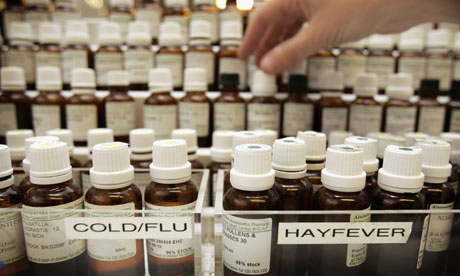Clinical features of Angina Pectoris and Myocardial Infarction
Cardiac Pain or Angina Pectoris ( reversible loss of blood supply to the heart muscle) is retrosternal, vague, poorly localized, heavy, compressive, squeezy feeling. It rarely lasts less than 1 minute or more than 20 minutes, unless it is a heart attack. Patients get prompt relief in less than 5 minutes on cessation of all activities or use of sublingual nitrates. Angina pain can also be in the left shoulder, left arm, neck or the jaws.Pain of a Myocardial Infarction ( total sudden blockage of an artery supplying blood to the heart muscle) would be similar to this but more severe and can last longer, will not be relieved by rest or sublingual nitrate and associated with palpitation, perspiration, nausea/vomiting, dizziness, blackout or even collapse.
Pain that is unlikely to be of cardiac origin is typically well localized, sharp, pricky, lancinating type sometimes lasting less than 15 seconds. It can be aching type too but mostly will be aggravated on deep inspiration and coughing. Patient will be able to localize it with the tip of her finger.
Pain that is localized just below left nipple is almost NEVER of cardiac origin.
Common causes of chest pain in young females
1. Valvular Heart Disease
Mitral Prolapse: This is a common and benign condition. Leaflets of the Mitral valve are long, bulky and redundant. They prolapse into the left atrium during systole. It is unknown how this causes chest pain. Suffice to say that the pain occurs at rest, is sharp, non- radiating and prolonged in duration.Rheumatic Valve Disease: Mitral stenosis is a common rheumatic valve condition in females and can cause chest pain and dyspnea. The patient will have associated cough, expectoration, there would be a low pitched rumbling diastolic murmur which will clinch the diagnosis. A 2D echocardiography will be confirmatory.
2. Anxiety/Depression
There are a lot of personal/social causes for a young female to get into a vicious cycle of anxiety causing various physical symptoms, and those symptoms in turn causing more anxiety. Depression also causes ?somatization? and produces various symptoms, chest pain being one of them. This chest pain can take any form; it can even mimic Anginal pain accurately. One needs to rule out organic causes before stamping the diagnosis of anxiety/depression.3. Neuromusculoskeletal
The pain is very well localized, tender on touch, aggravated on deep inspiration, and not aggravated on exertion. Underlying cause can be pinpointed by suitable investigations like X ray of cervical spine, chest (thoracic outlet syndrome) etc. Pain of herpes Zoster sometimes defies diagnosis until the rash develops.4. Gastrointestinal
Esophageal reflux is one of the most common causes of retrosternal pain. The pain is mostly burning in nature, occurs more often in reclining posture, and is relieved by assuming upright position. It is more frequent after an oily, heavy meal. Esophageal spasm is a variety of the same disease. Sometimes peptic ulcer disease can also cause pain in lower chest.5. Pulmonary
Pulmonary cause of chest pain in young female could be a pulmonary embolism/infarct caused by deep vein thromboembolism resulting from oral contraception usage. The pain is acute, severe and patient generally is in a critical condition.Pneumonia can also cause chest pain if there is pleural involvement with it, which usually is the case.
Pneumothorax, which is rupture of a lung alveolus into the pleural cavity will cause sudden acute filling up of air pressure in pleura and will cause severe acute chest pain if it is Tension Pneumothorax and moderate dull aching pain if it is simple Pneumothorax.
6. Pleurisy
Tubercular involvement of the pleura is called pleurisy. The pain is sharp stab like, occurring on slightest act of breathing. Associated features are low grade fever, cough, and malaise, loss of appetite and loss of weight.Chest pain in a young female has lots of reasons as we have seen. Most of the time they are not of cardiac origin. A thorough clinical examination, appropriate investigations, and reassurance will go a long way in resolving this issue.
Dr. Apurva Madia


